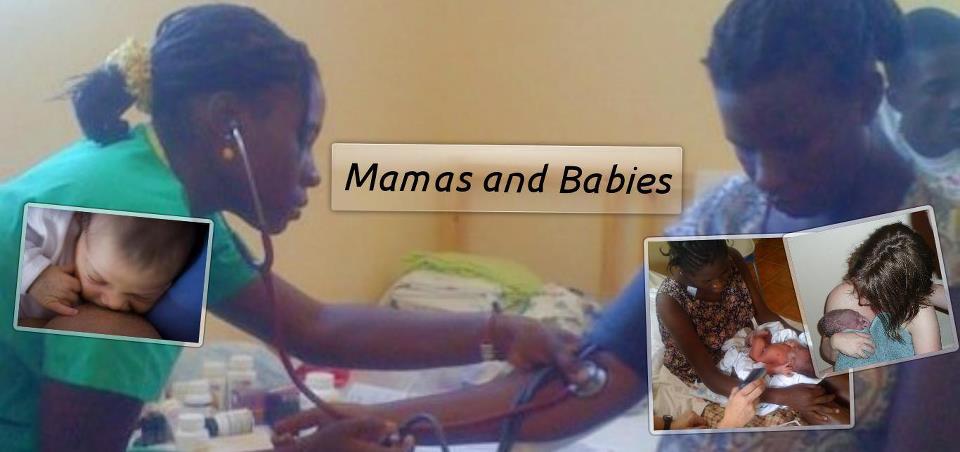
“'This was the first large study of VBAC in which certain outcomes, such as uterine rupture, were studied prospectively,' notes Landon, who serves as vice chairman of obstetrics and gynecology at the Ohio State University Medical Center.
"'The study has confirmed that the majority of women with multiple prior cesarean deliveries undergoing trial of labor can expect to achieve a successful vaginal birth,' says Landon, whose findings were published recently in the journal Obstetrics and Gynecology.
"The benefits of VBAC include a faster recovery time and avoidance of the operative risks of cesarean section, which is a major operation.
"'Beyond these obvious benefits, there seems to be a component that is not completely tangible,' notes Landon. 'It goes along with the experience of vaginal childbirth, which certain women value, and there is probably not a price that you could put on that for a certain subgroup of women.'
"Landon advises that women should carefully research the topic of VBAC, looking for a physician who is willing to share data in an unbiased manner, who supports the concept of VBAC provided that a woman is an appropriate candidate, and who is willing to evaluate each case individually."











